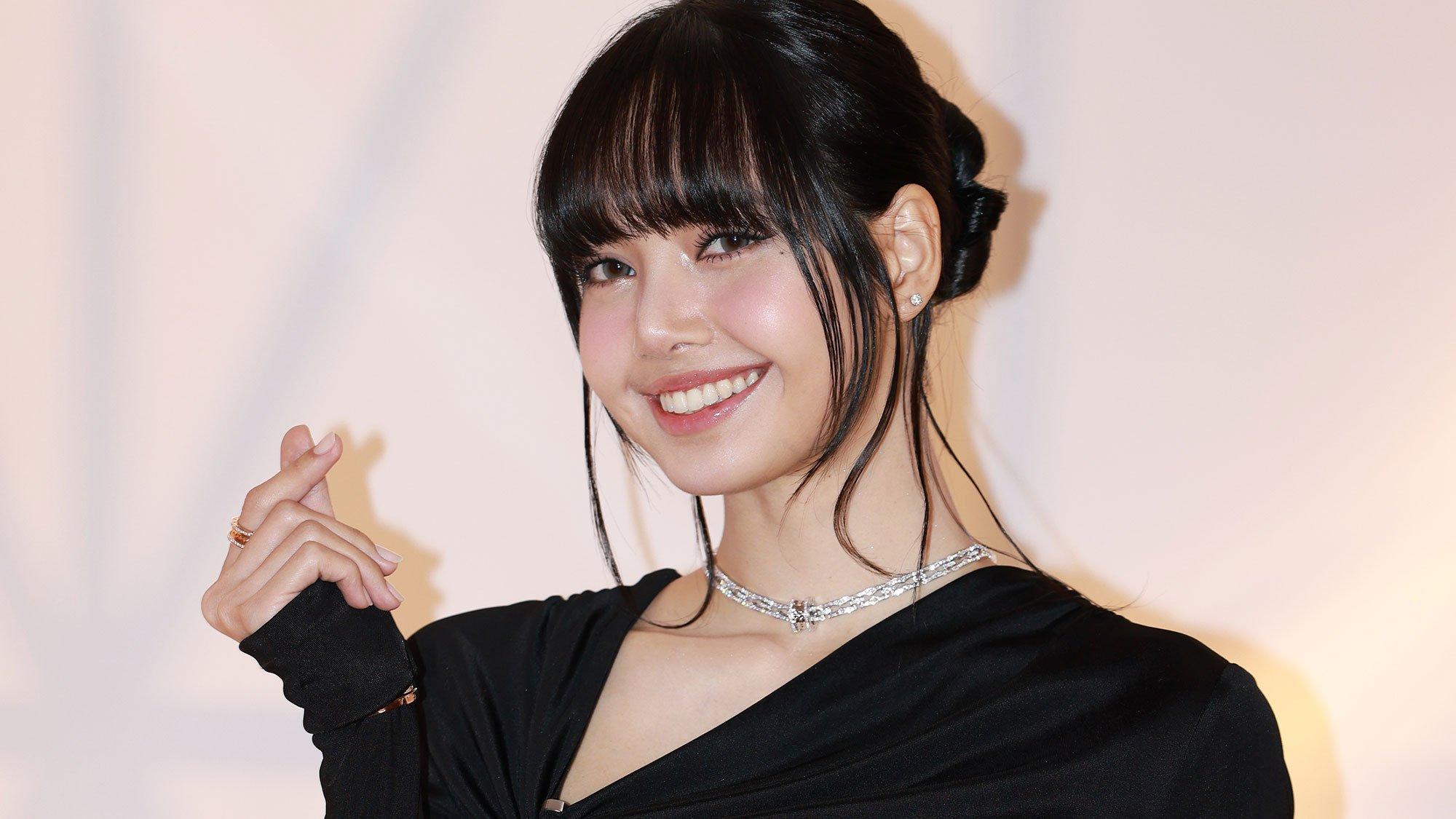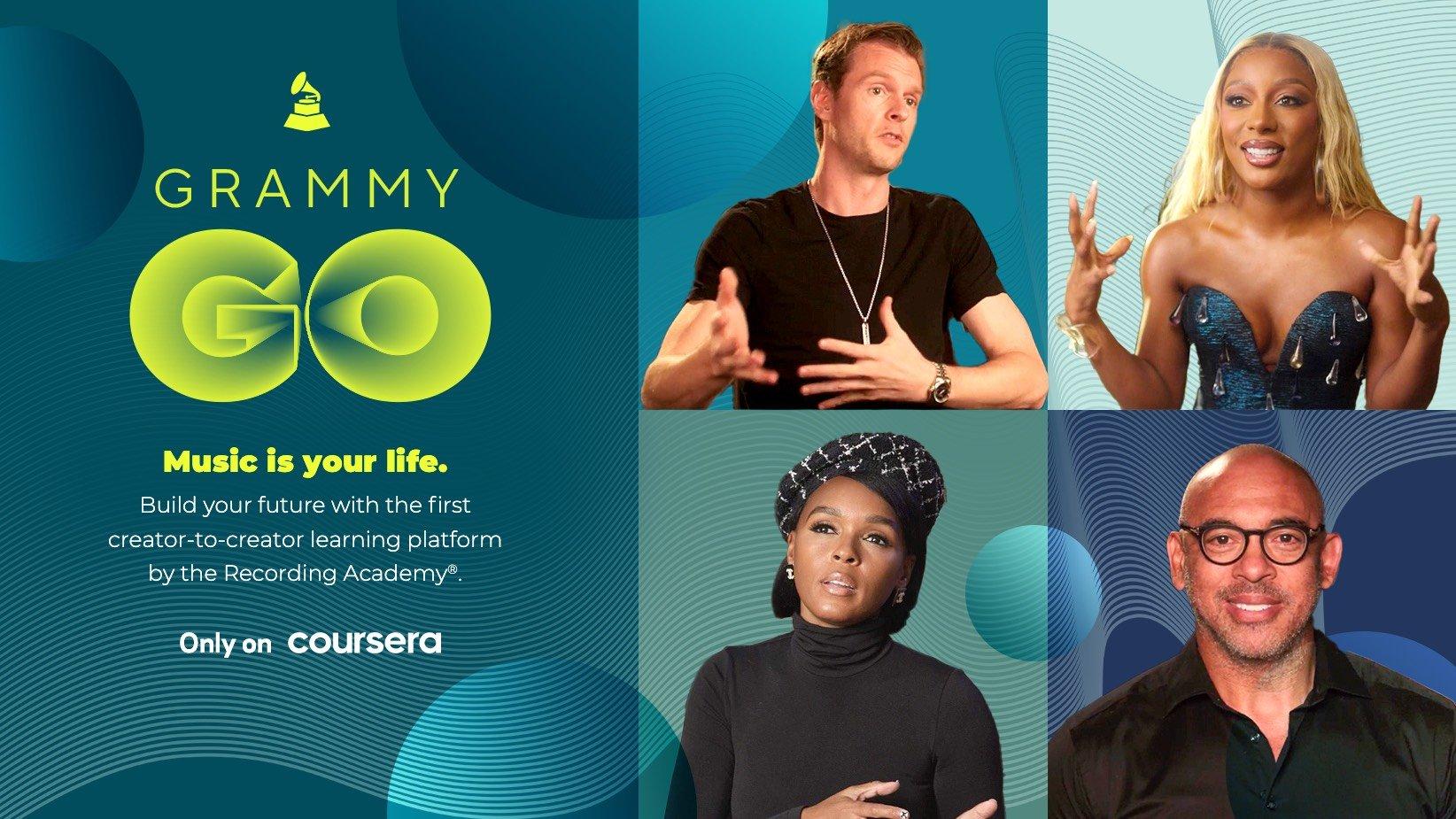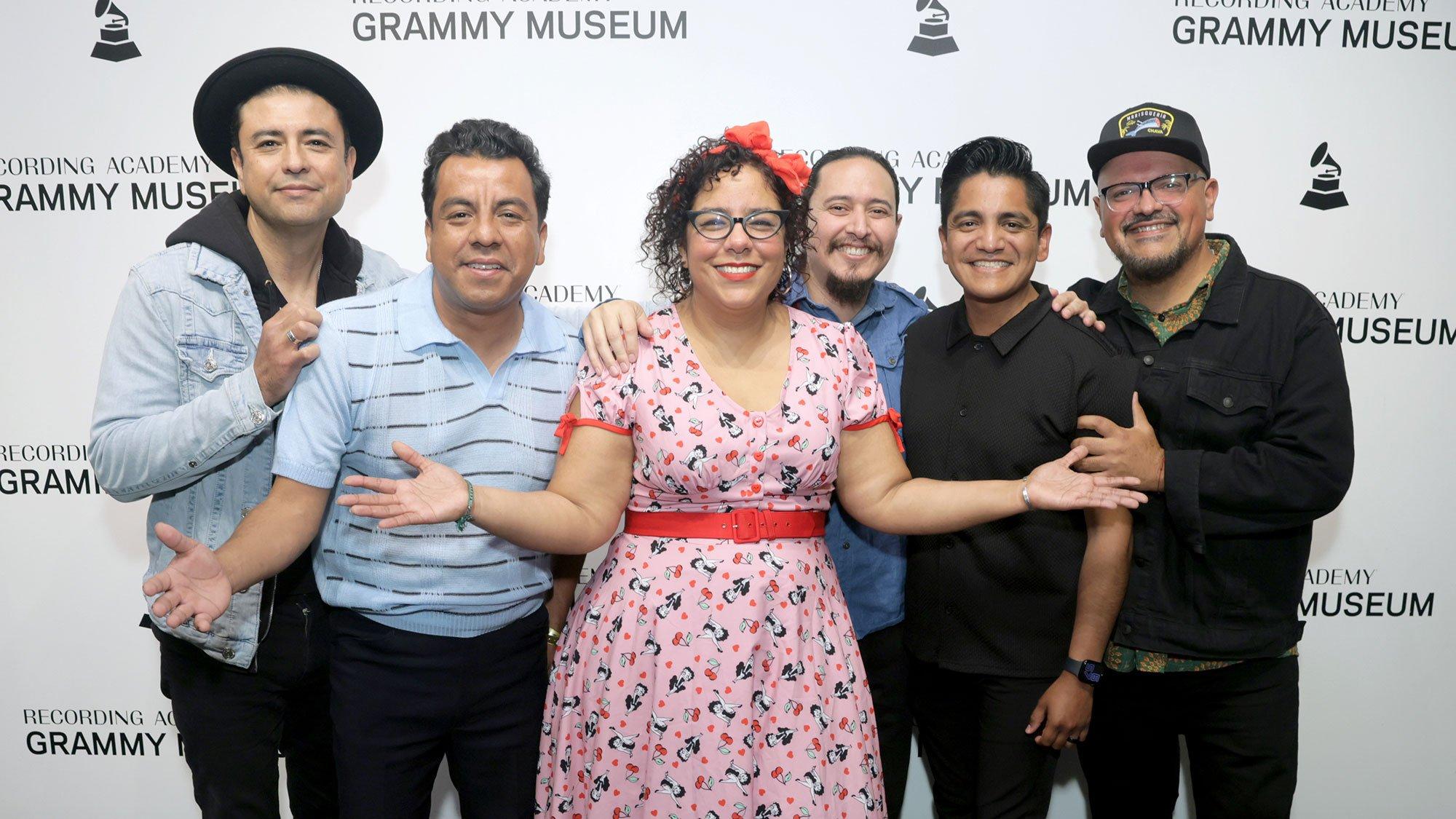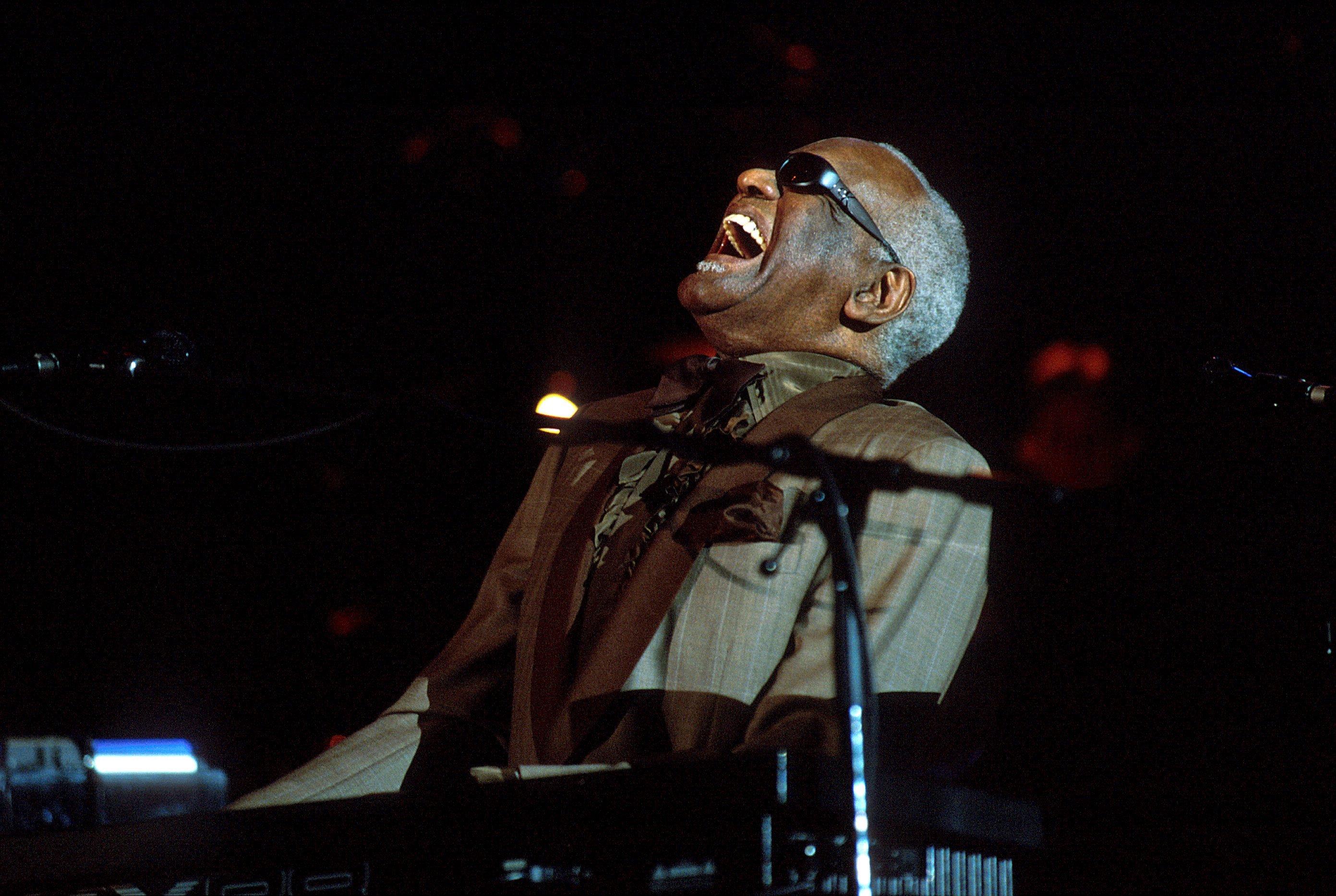When Beyoncé announced her upcoming album, Cowboy Carter, with the drop of two distinctly country tracks, she broke both genre and barriers. Not only did Queen Bey continue to prove she can do just about anything, but she joined a long tradition of country music crossover albums.
Country music is, like all genres, a construct, designed by marketing companies around the advent of widely-disseminated recorded music, to sell albums. But in the roughly 100 intervening years, genre has dictated much about the who and how of music making.
In the racially segregated America of the 1920s, music was no exception. Marketing companies began to distinguish between "race records" (blues, R&B, and gospel) intended for Black audiences and hillbilly music (country and Western), sold to white listeners. The decision still echoes through music genre stereotypes today.
But Black people have always been a part of country music, a message that's gained recognition in recent years — in part because of advocacy work by those like Rhiannon Giddens, who plays banjo and viola on "Texas Hold 'Em," one of two singles Beyoncé released in advance of Cowboy Carter.
And since rigid genre rules' inception, many artists from Lil Nas X to Bruce Springsteen have periodically dabbled in or even crossed over to country music.
In honor of Beyoncé's foray, here are eight times musicians from other genres tried out country music.
Ray Charles — Modern Sounds in Country and Western Music (1962)
In 1962, the soul music pioneer crossed the genre divide to cut a swingin' two-volume, 14-track revue of country and western music.
Part history lesson and part demonstration of Charles' unparalleled musicianship, Modern Sounds in Country and Western Music covers country songs by major country artists of the era, including Hank Williams, Don Gibson, and Eddy Arnold. An instant success, the record topped album sales charts and was Charles' first atop the Billboard Hot 200 charts.
Ringo Starr — Beaucoups of Blues (1970)
The Beatles' drummer loves country music. Ringo Starr cut this album, which sounds like something you'd two-step the night away to at a honky tonk, as his second solo project. He was inspired by pedal steel guitar player and producer Pete Drake, who worked on George Harrison's All Things Must Pass.
With Drake's help, Starr draws out a classic honky tonk sound — pedal steel, country fiddle, and bar room piano — to round out the album.
Beaucoups includes a textbook country heartbreak song, "Fastest Growing Heartache in the West," a bluesy ramblin' man ballad, "$15 Draw," and a surprisingly sweet love song to a sex worker, "Woman Of The Night."
The Pointer Sisters — Fairytale (1974)
Remembered for their R&B hits like "I'm So Excited" and "Jump (For My Love)", the Pointer Sisters dropped "Fairytale," a classic country heartbreak song into the middle of their second studio album, That's A Plenty.
Full of honky tonk pedal steel and fiddle, the track earned the band a GRAMMY award for Country and Western Vocal Performance Group or Duo in 1975, beating out Willie Nelson, Kris Kristofferson, Bobby Bare, and the Statler Brothers; they were the first, and to date, only Black women to receive the award.
The same year the song came out, the Pointer Sisters also became the first Black group to play the Grand Ole Opry, arriving to find a group of protesters holding signs with messages like 'Keep country, country!'
Tina Turner — Tina Turns the Country On! (1974)
Also in 1974, Tina Turner cut her first solo album, Tina Turns the Country On!, while she was still performing with then-husband Ike Turner as the Ike & Tina Turner Revue.
Containing the seeds of the powerful, riveting voice she'd fully let loose in her long solo career after separating from her abusive husband, the album presents a stripped down, mellow Turner.
She covers songs like Kris Kristofferson's "Help Me Make It Through The Night" and Bob Dylan's "Tonight I'll Be Staying Here With You," and delivers a soaring rendition of Dolly Parton's "There Will Always Be Music."
Turner was nominated for a GRAMMY award for the album, but in Best R&B Vocal Performance, Female, category.
The Beastie Boys — Country Mike's Greatest Hits (1999)
This Beastie Boys cut only a few hundred copies (most reports say 300) of this spoof country album — reputedly conceived of as a Christmas present for friends and family, and never officially released.
Presenting the supposed greatest hits of a slightly dodgy, enigmatic character – Country Mike, who shares a name with band member "Mike D" Diamond — the album sounds like vintage steel guitar country. Think Hank Williams and Jimmy Rodgers with a dash of musical oddballs Louden Wainwright III and David Allen Coe's humor and funk.
Country Mike appears just briefly in the liner notes of the band's anthology album, The Sounds of Silence, (which also includes two of the album's tracks: "Railroad Blues" and "Country Mike's Theme"), as part of an alternate universe wherein Mike temporarily lost his memory when he was hit on the head.
"The psychologists told us that if we didn't play along with Mike's fantasy, he could be in grave danger," the notes read. "This song ('Railroad Blues') is one of the many that we made during that tragic period of time."
Cyndi Lauper — Detour (2016)
The "Girls Just Want To Have Fun" singer enjoyed herself thoroughly by deviating from her typical style with 2016's Detour.
Road tripping into country music land, Lauper covered country songs of the 1950s and 1960s, including Marty Robbins' "Begging You," Patsy Montana's "I Want to be a Cowboy's Sweetheart" and Dolly Parton's "Hard Candy Christmas" with guest appearances by Willie Nelson, Alison Krauss, Emmylou Harris, and Vince Gill.
Jaret Ray Reddick — Just Woke Up (2022)
It might be hard to imagine the Bowling for Soup frontman, known for teenage pop-punk angst hits like "Girl all the Bad Guys Want" and "Punk Rock 101" crooning country ballads.
But in 2022, under the name Jaret Ray Reddick, he cut his solo debut, Just Woke Up. Drawing inspiration from Reddick's native Texas, the steel guitar and twang driven album features duets with Uncle Cracker, Cody Canada, Frank Turner, and Stephen Egerton.
Self-effacing and personable as ever, Reddick heads off questions about the viability of his country music with the album's first track, "Way More Country," acknowledging the questions listeners might have:
"I sing in a punk rock band/ And I know every word to that Eminem song "Stan"/ And I've got about a hundred and ten tattoos / But I'm way more country than you."
Bing Crosby — "Pistol Packin' Mama" (Single, 1943)
Legendary crooner of classic Christmas Carols and American standards, Bing Crosby decided to try his hand at country music with his cover of Al Dexter's "Pistol Packin' Mama," the first country song to appear on Billboard's charts.
The song, which tells the story of a man begging his woman not to shoot him when she discovers him out on the town fooling around, has since also been covered by Willie Nelson, Hoyt Axton, and John Prine.
How Beyoncé Is Honoring Black Music History With "Texas Hold Em," 'Renaissance' & More









